
Transform and Grow Your Business With a Sustainable BEE Strategy
Develop a BEE plan that gives your business a competitive advantage
You are in good company
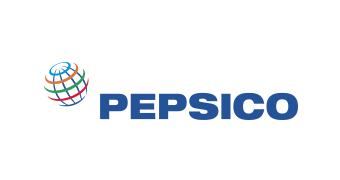

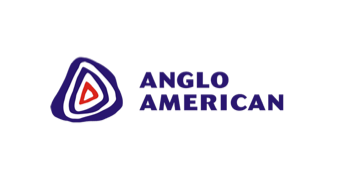
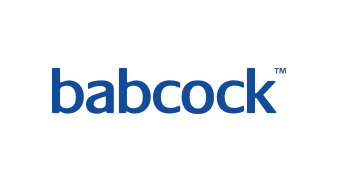


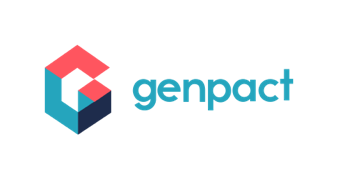
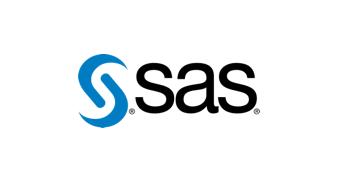
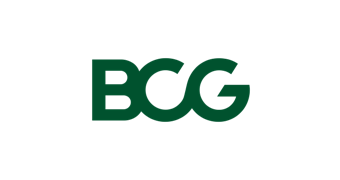
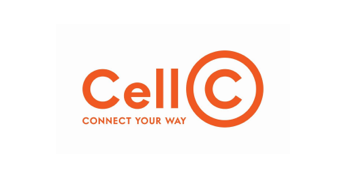
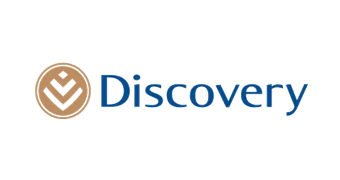
.png)


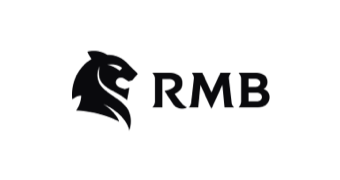
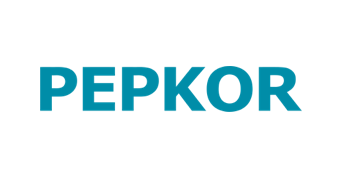


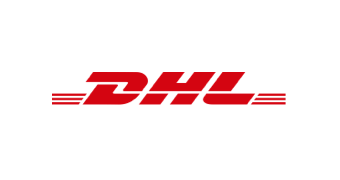

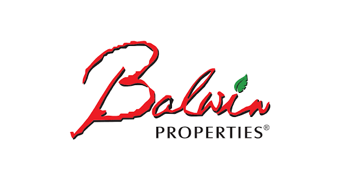
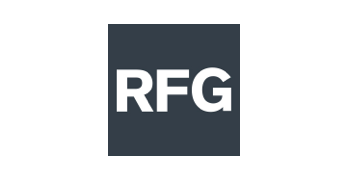

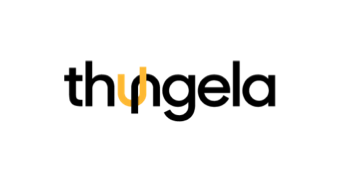
.png)
.png)
.png)
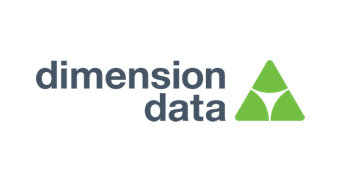
.png)


BEE prepared - get a BEE plan
Transformation affects HOW the company does business, WHO it does business with, and WHAT types of business it should do. These are all components of business strategy and so to answer these questions it requires alignment of transformation with your business strategy.
Transcend assists with aligning your business strategy to transformation best practice. Together we will not only ensure your organization’s survival in the changing South African legislative landscape, but develop a BEE strategy to give your business a competitive advantage.
BEE strategy development
-1.png?width=2500&height=1477&name=Diagram%201@2x%20(1)-1.png)

We deliver on your transformation requirements
Experience transformation on the ground. For each project, we put a team on the ground with a balance of BEE strategy development, organisational transformation, BEE implementation, due diligence and training skills
A tactical as well as strategic approach is taken when building your BEE plan. Transcend assists in developing plans that are fit for purpose and deliver high return on investment to both business and country.
Tap into best practice. Our experience in multi-sector strategy development and advisory enables us to bring deep expertise to each project
The process
Our strategy development process includes a facilitated workshop and brainstorming session to uncover opportunities that fit your business plan.
This process uses a cognitive mapping technique to elicit executive support and input on the way forward. In addition, best practice in both BEE and business management informs and influences the process.
We research the opportunities with the identified champions in the company, toward a business case and return on investment.

Transcend's strategy process
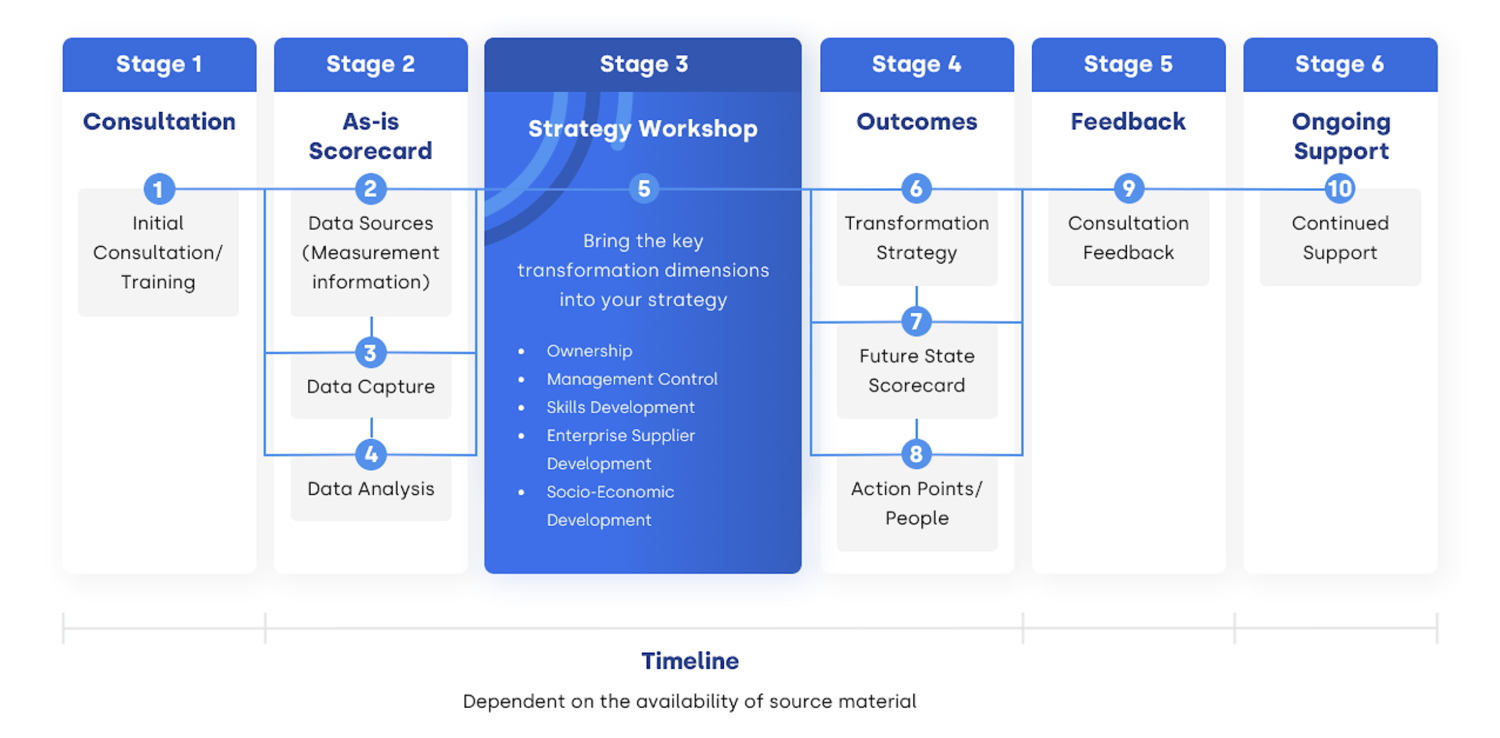
The outcomes
The BEE strategy session will assist you to develop a strategic BEE roadmap that will achieve your transformation objectives in a way that is right for your organisation.
You will receive a plan, detailing exactly where the company is on the BEE scorecard, where they desire to be, as well as the relevant, points, costs and initiatives to achieve the business BEE goal.
Initiatives fleshed out during the session, will be detailed from not only a cost and timeline point of view, but also from a qualitative and social impact analysis.

Let's set up a call to discuss how we can help you
Resources
Employment Equity Sectoral Targets: Impact on Your BEE & EE Strategy
Transformation News, Employment Equity
May 17, 2023
Work Place Skills Plans (WSP/ATR) submissions
BEE Consulting, ATR, WSP
April 12, 2022
A Guide To BEE Audit Preparation
BEE Consulting, BEE Audit
May 2, 2022